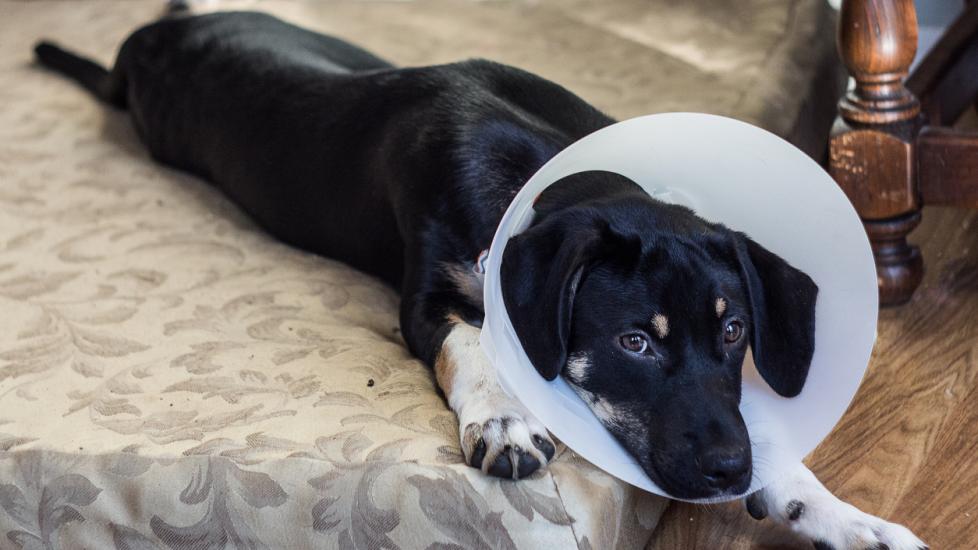 A Comprehensive Guide for Post-Surgical Care of Your Beloved Pets
A Comprehensive Guide for Post-Surgical Care of Your Beloved Pets
Introduction:
As a pet owner, ensuring the well-being and recovery of your furry friend after surgery is paramount. One crucial aspect of postoperative care involves monitoring the stitches or sutures that hold incisions closed. This guide will provide you with step-by-step instructions on how to check your pet’s stitches effectively and safely, allowing you to keep a close eye on their healing process.
-
Understanding Sutures:
Before diving into checking procedures, it’s essential to know about different types of sutures used in veterinary medicine. The two main categories are absorbable (which dissolve over time) and non-absorbable (which require removal by a veterinarian). It’s important to be aware of which type was utilized during your pet’s procedure. -
Preparing for Inspection:
a. Schedule Regular Visits: Follow up with your vet according to their recommendations; this may include appointments within 24 hours post-surgery as well as at specific intervals afterward.
b. Create a Quiet Space: Provide a comfortable environment where your pet can rest without disturbance while recovering from anesthesia fully before any handling takes place regarding stitch checks.
c. Gather Necessary Tools: You might need tweezers if examining non-absorbables; however, never attempt removal unless instructed otherwise by an experienced professional! -
Conducting the Examination:
a. Approach Gently: Use calm tones when approaching so as not to startle them unnecessarily—some animals could become anxious around hands near sensitive areas like wounds initially but should settle down once reassured through gentle touch combined with verbal cues such as “good girl/boy” etcetera.
b. Visual Assessment: Begin by visually inspecting both sides of the incision site(s) looking out for signs of infection including redness, swelling, excessive bleeding, discharge, foul odor coming off bandages applied previously if applicable depending upon location size severity level needed treatment options discussed further below accordingly
